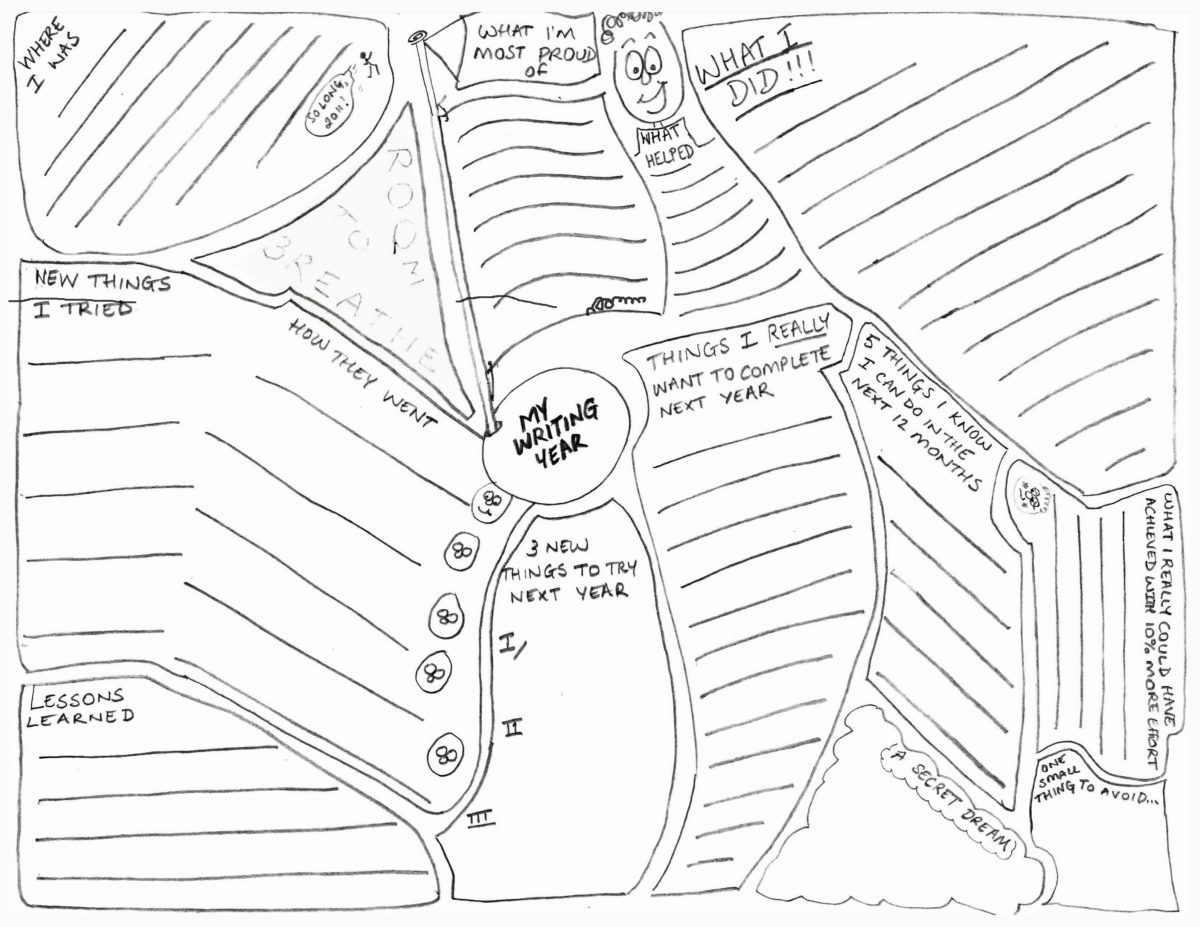Seriously? Why tell stories?
No-one’s beating down your door to pay you money for your stories.
There are billions of people in this world. Why are your stories any better than theirs? Who’s going to listen?
You’re Asking The Wrong Questions
Humans are storytelling animals.

Imagination and emotion are what keep us from skating through life, forever on the surface, never going deeper and finding out what matters. Stories are all about imagination and emotion.
Why not write?
Isn’t that a better question?
The Storytelling Imperative
We tell stories every day.
All of us.
Even the people you wish wouldn’t.
You know the one, right? The one who starts to tell you about her journey in to wherever you are right now, but has to back up to tell you about what her husband asked her to cook before she left and how the car used to have heated seats but the mechanic messed it up and she’s still trying to get some satisfaction for that but she bets she never will…and you know there is something she is trying to tell you but now you’re standing there with your coffee gone cold and your boss’s increasingly frantic phone calls rerouting to voicemail, and still she doesn’t seem to be able to bring herself to the point of her story. And you can’t walk away because you know she’s building up to a point and you’re too well-bred to lean in and scream into her face, spittle flying, “Get to the freaking point, woman!”, so you stand there, following her down seemingly endless diversions and side roads hoping against hope that one of them will put her back on the road towards the point of her story.
And how do you know there is a point to her story? Because it’s how we communicate. You have a lifetime of experience in this stuff. You know that once someone has set a scene and introduced some characters (“Me, in my car, driving here”) they have entered into a contract with us to provide not just information but a story: something happens, some conclusion is reached, maybe there’s a moral, maybe not, but you both walk away having learned something.
The Contract
That’s the deal: I’m telling you a story. It will take you somewhere and give you something to take home with you at the end.
If you break the contract you are either a really bad storyteller and a bore, or you’re a comedian. (Think of why Steven Wright and Henny Youngman are so funny: they set up the expectation of a story and then subvert it. They aren’t wasting our time. They are entertaining us, so we forgive them.)
But back to your narratively-challenged office-mate. She didn’t just say, “Wow, it took me a long time to get here today.” She set the scene. She reeled you in. She has declared that she has a story to tell and you can’t help but stay to find out what happens in the end. (Unless, of course, you’ve heard her stories before.)
Why Write Stories?
If nothing else, to practice. To get better at it. To avoid being the person at a party or in the office corridors that everyone is scrambling to get away from.
By telling stories over and over again, in the safety of your notebook, you begin to see how story structure works: the set up, the missed opportunity, the payoff, the conclusion. You begin to learn how to make characters compelling (whether they are real or fictional). You learn how to pare back on the extraneous detail to keep your reader (or listener) interested.
By telling a lot of stories in a short amount of time, you learn these lessons quickly.
Don’t Wait
Dig in to the writing prompts and commit to writing a handful of stories this month. Then come back here and let us know you got on.

![[Writing Prompt] Wibbley-Wobbley, Timey-Wimey](https://storyaday.org/wp-content/uploads/2012/12/Screen-Shot-2012-12-11-at-11.00.06-PM.png)




